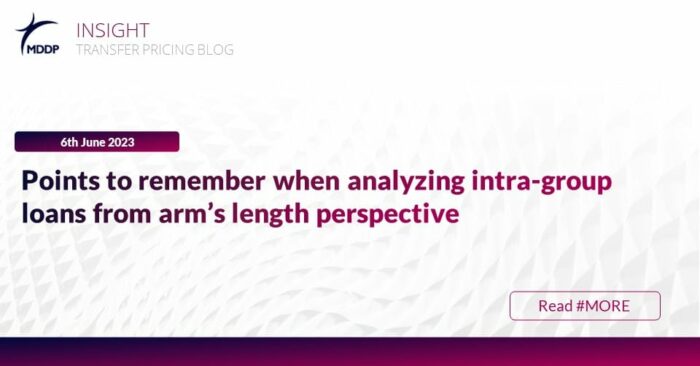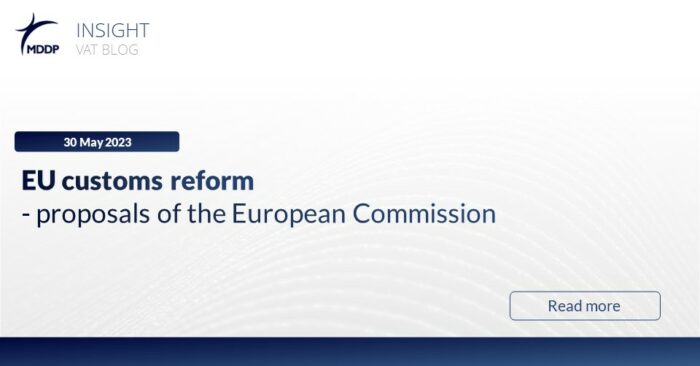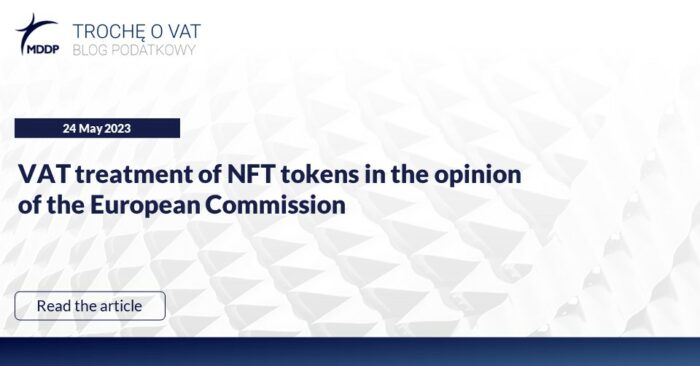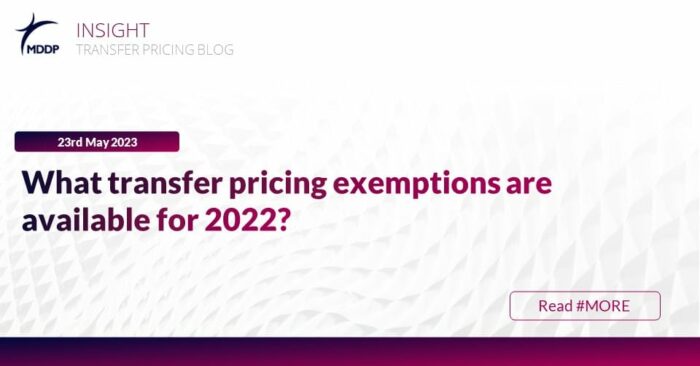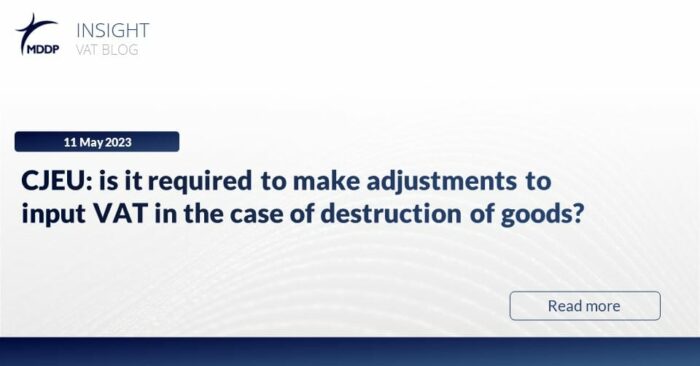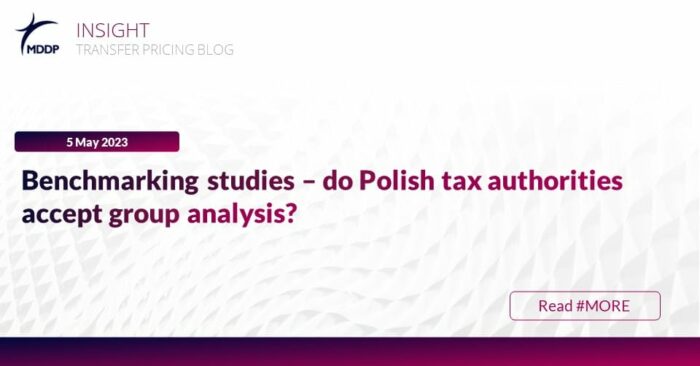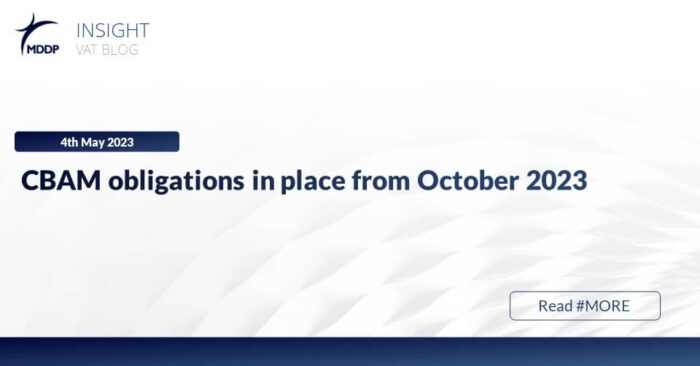When does a company act as a private investor?
The rule under Polish tax law is a one-off tax levied on the same transaction, whereby – pursuant to Art. 2(4)(b) of the Act on Civil Law Transactions, the first to be analysed is the VAT treatment of transactions; and then – tax on civil law transactions (hereinafter: PCC). The assumption of the tax on…


